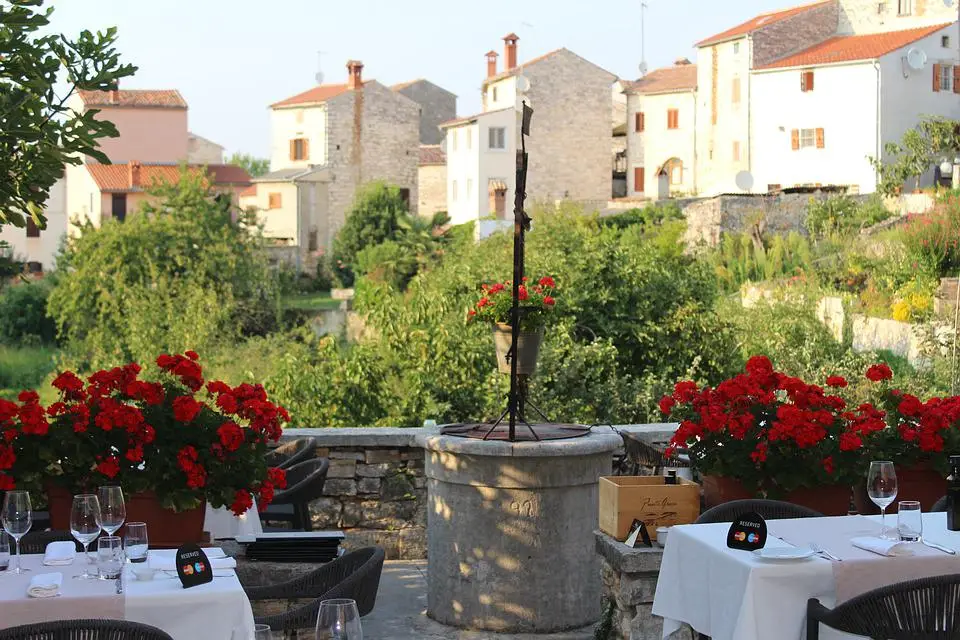As Poslovni Dnevnik writes, it is estimated that approximately 35,000 waiters, chefs, waiters, receptionists and other profiles within the tourism industry will be missing this summer. But the most striking fact is that the complaints of catering and hospitality employers are somehow always accompanied by some weird (and misplaced) sense of surprise. Everyone is surprised in a certain way, every single year, although we can certainly expect the same situation next year as well.
There’s no big riddle to try and solve here. Croats typically head off to the western EU countries en masse during their working lives, because their salaries in Croatia are too low. There’s not much of a labour force to speak of in Slavonia, the population of which literally flows down into the Adriatic during the summer months. There is also a huge lack in Bosnia and Herzegovina, Serbia, Macedonia… The pool of personnel in Croatia’s immediate neighbourhood has also been somewhat exhausted, so more and more people are reaching for tourism staff from distant Asia, as was the case earlier on in the Croatian construction sector with workers being imported into the country from Nepal, the Philippines, India, etc, writes Deutsche Welle.
The same head-scratching and shock is repeated year after year…
Wages have, on balance, risen slightly, but obviously not by enough, but employers say they have no options at their disposal to raise them even more. They also claim that they aren’t in a position to raise anything else because of ongoing inflation, so one can often hear objections from the state to offering any further help. Damir Kresic, the director of the Institute for Tourism in Zagreb, spoke about this to DW:
“The state could definitely do something else, but not without working with employers and with the unions – first to develop a strategy for the whole economy. In doing so, they could answer the question of how many workers Croatia actually needs and from which professions. For years, I’ve been warning people in vain about this problem in tourism. But our approach is a yearly spontaneous one, and the amazement is the same every time, although the problem hasn’t changed. We’re really shocked by it each time, for some reason,”
Kresic then went on to explain that the solution lies in the long-term preparation of the education system, after defining sectoral needs. In addition, the Croatian labour market needs to be further regulated, so that workers receive adequate remuneration for their work, instead of a situation in which many prefer to accept income under the table, cash in hand, or simply work “on the black market”, because that way they get more to play with.
After all, if it’s only three or four months of work a year, there can be no question of stable employment and a strategic solution for anyone’s existence. Then it would be logical for workers to go to Ireland for equal pay, but for permanent employment, let alone twice as much money in their pockets.
“Among other things, we faced certain shortcomings in the engagement of the Asian workforce in Croatian tourism. It turns out that they aren’t a good solution for our employers in that sector, but now we don’t have many choices, at least not for this and next season. At the same time, I have nothing against these people from another continent, so let me be clear. They can be more diligent or honest workers than us, there are no rules, so I’m not talking about that. The problem is the service industry in which the Croatian worker here always offers a better authentic experience,” says Kresic.
In a similar way, a Croatian receptionist or waitress wouldn’t be a more successful worker in the Philippines than a person from there. He went on to explain that tourism simply means contact, local experience, understanding of the context, cultural integration. “That’s why we need planned staff production with adequate conditions to keep hold of people on the Croatian labour market, of course, because otherwise we’ll be training them in vain,” he concluded.
For more, make sure to check out our dedicated business section.









